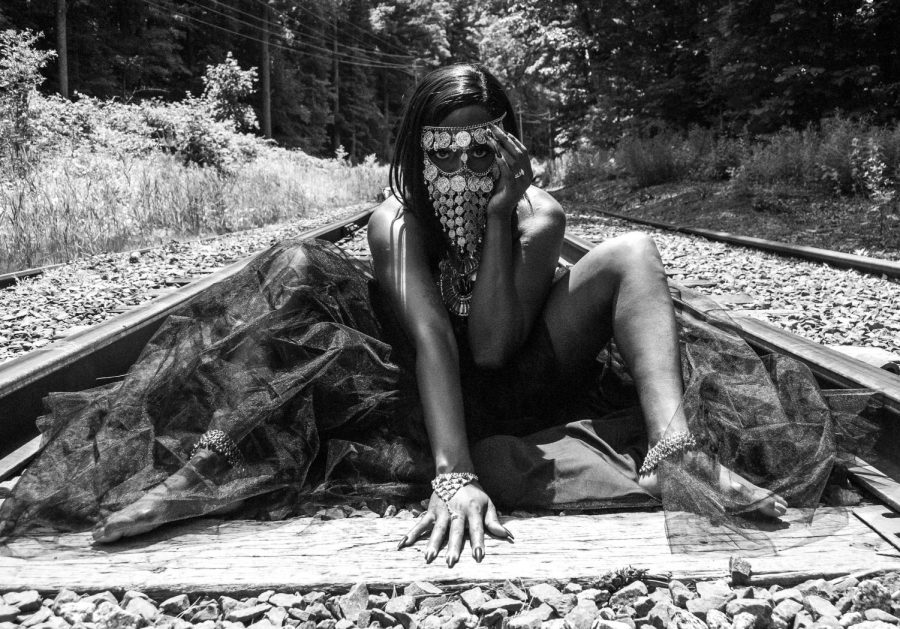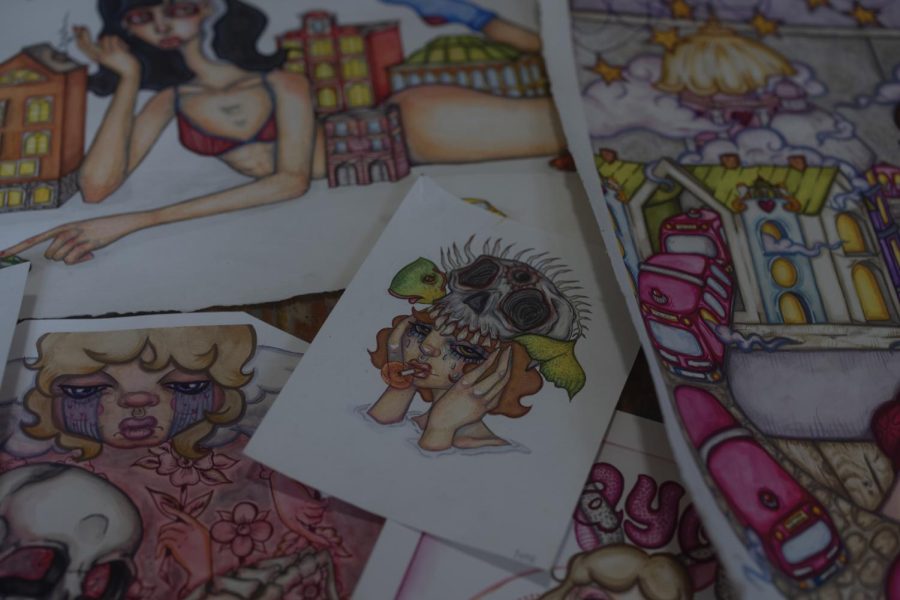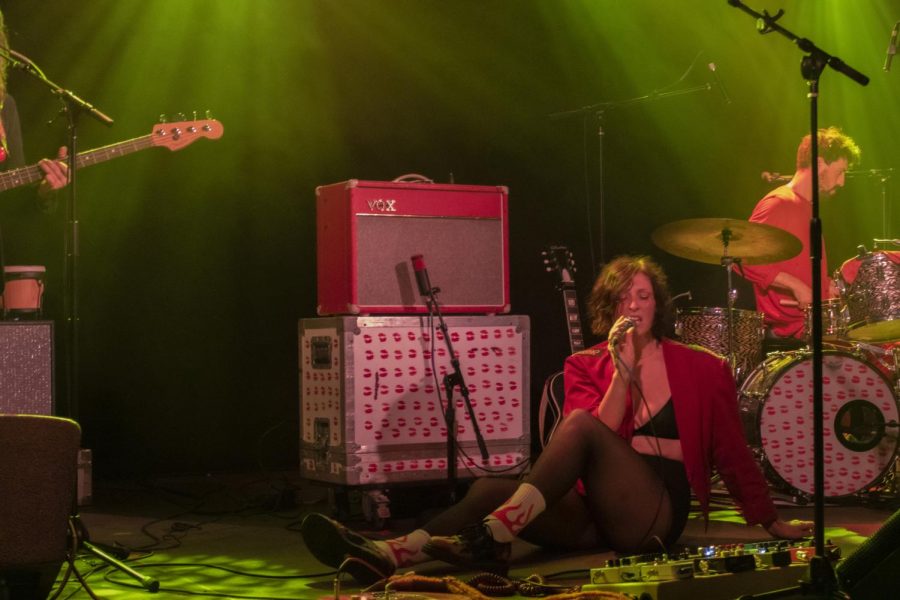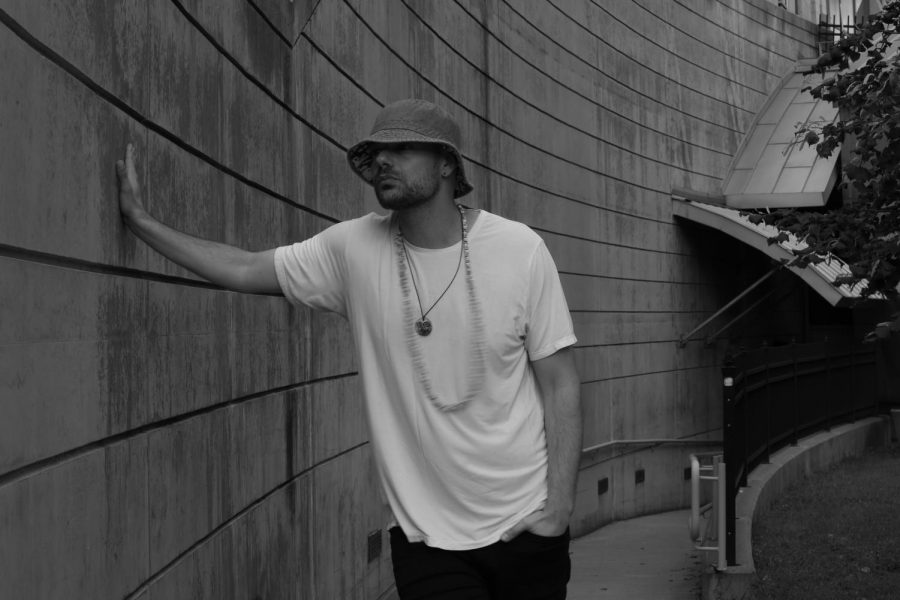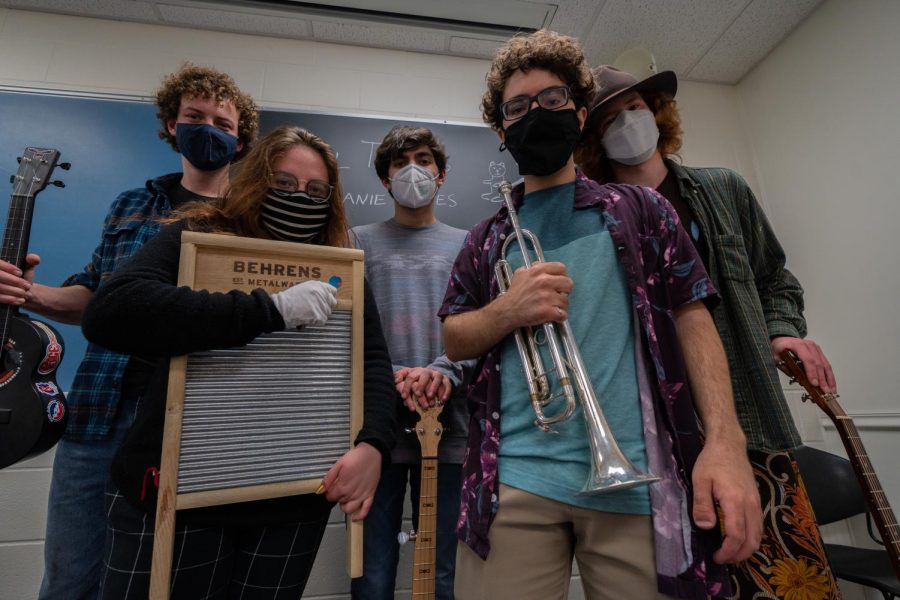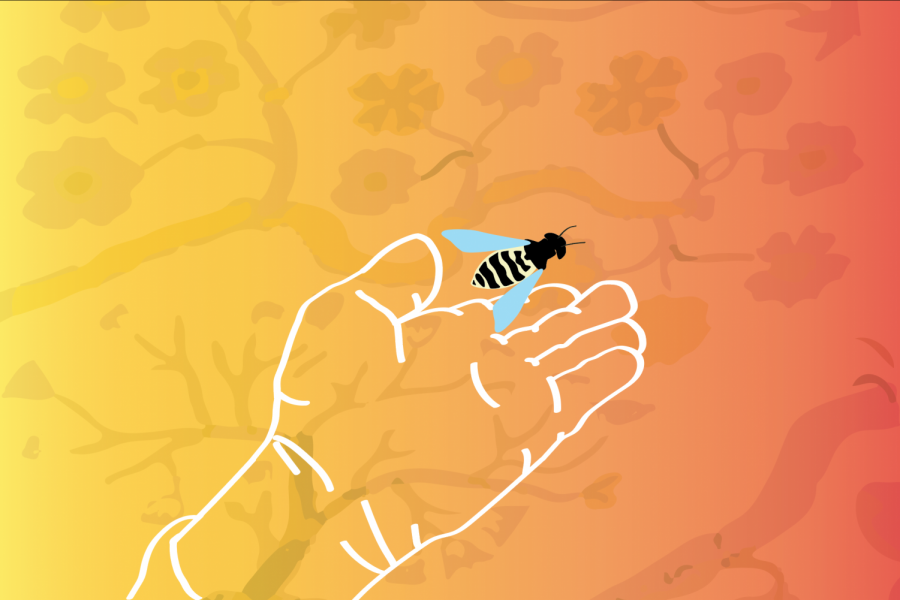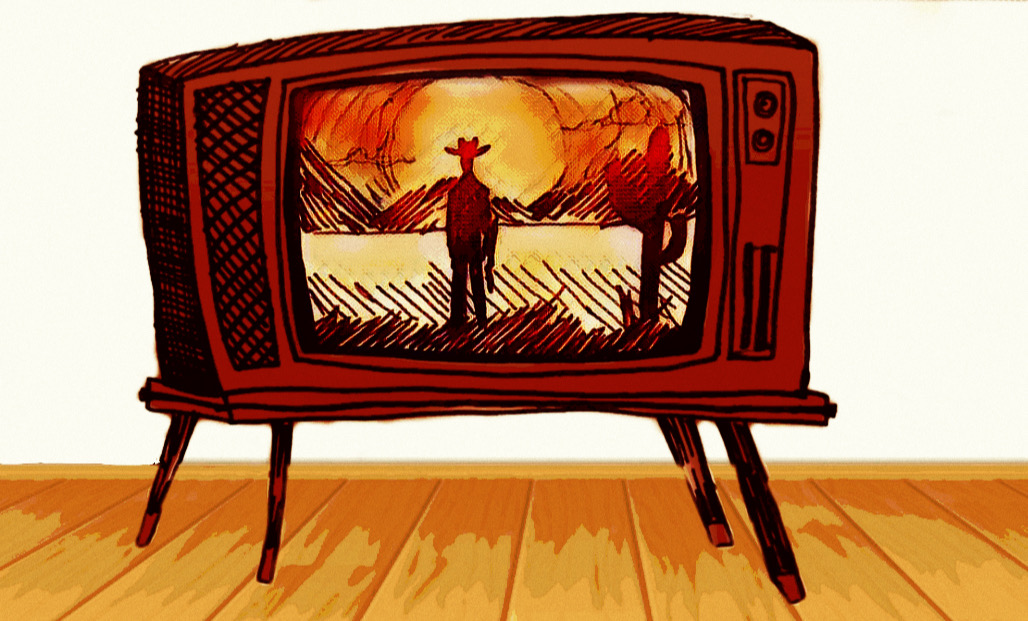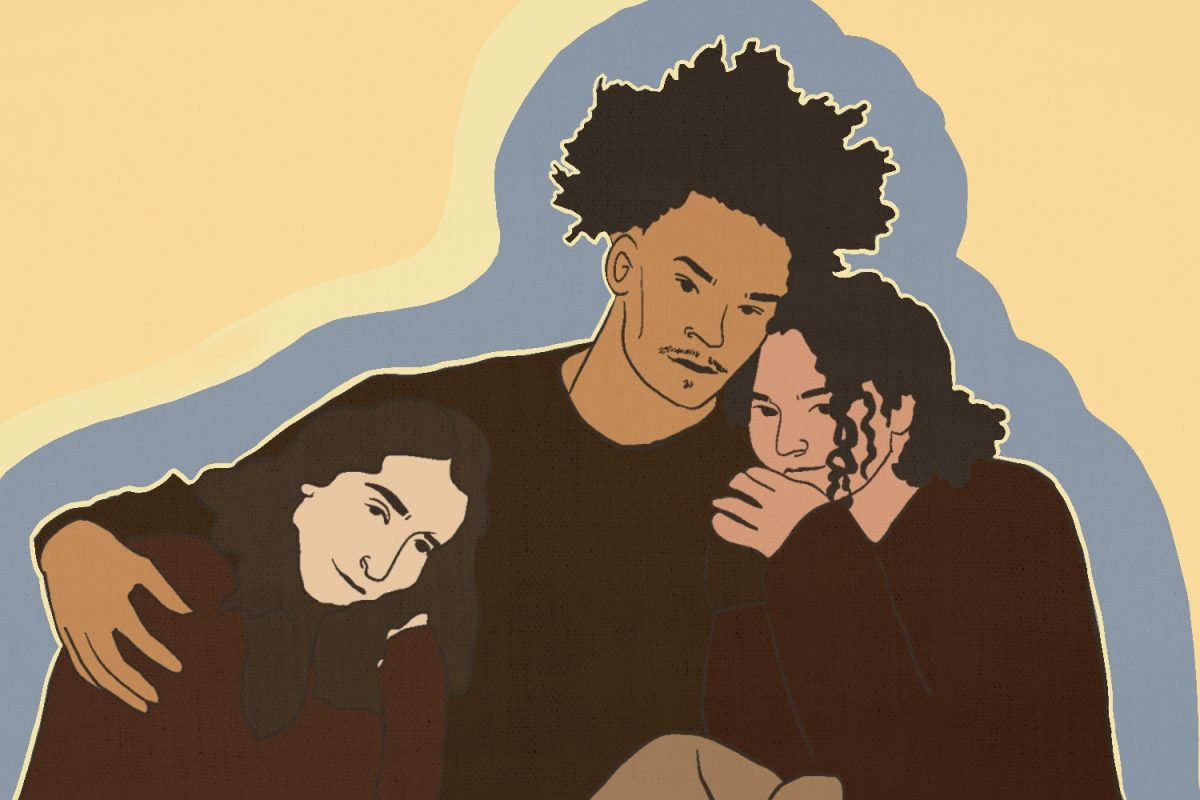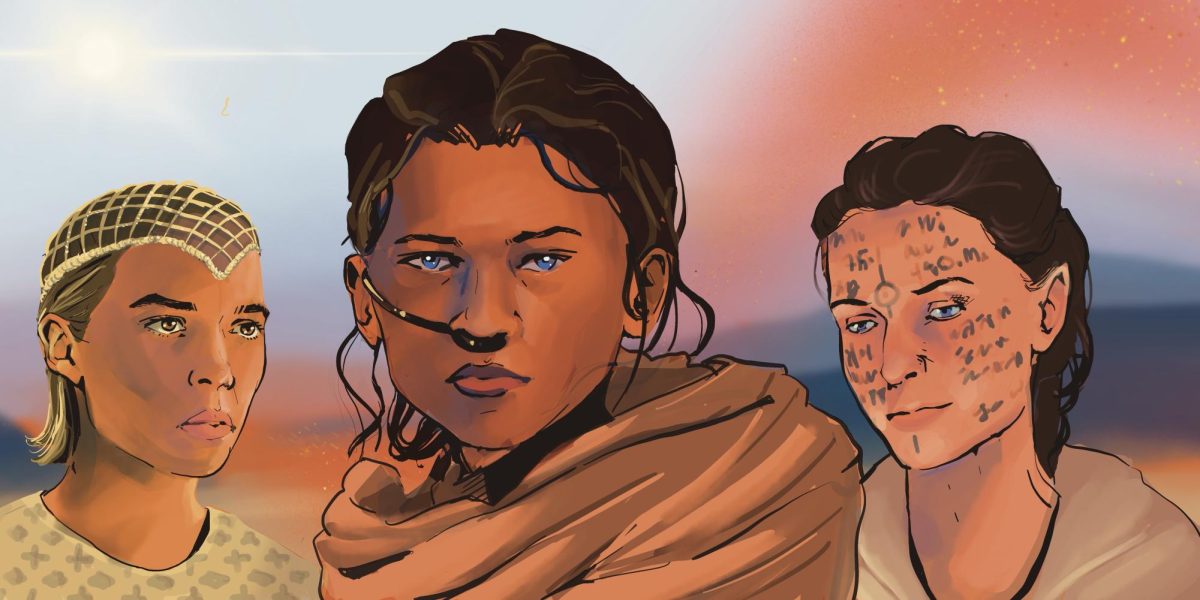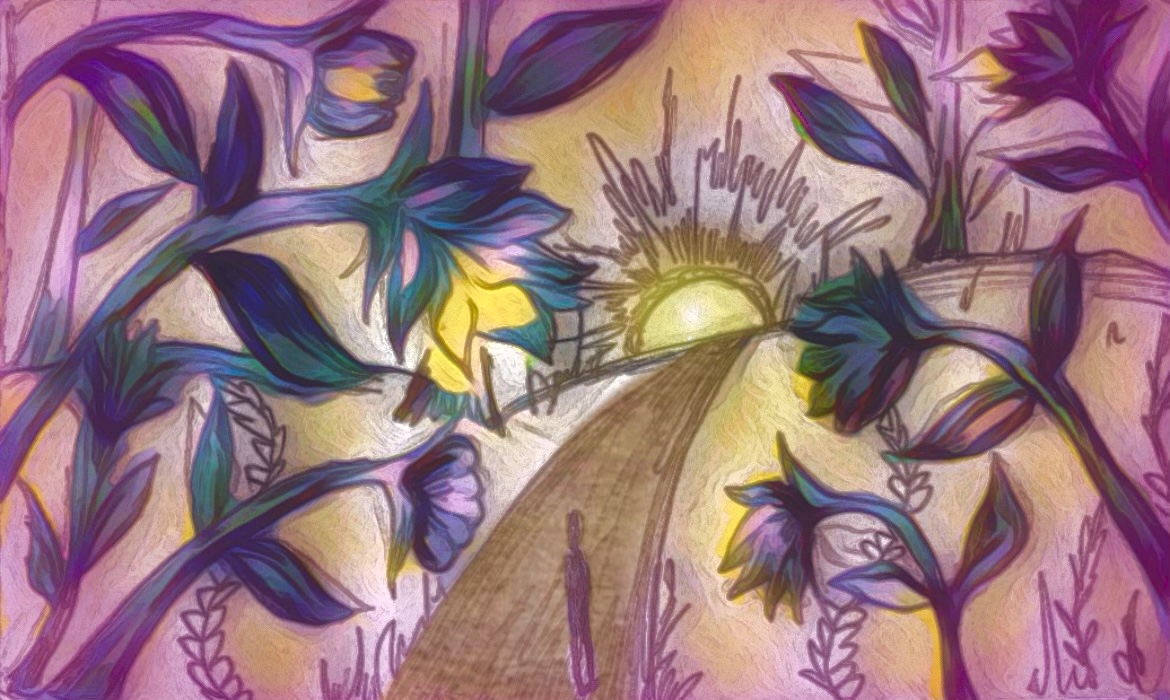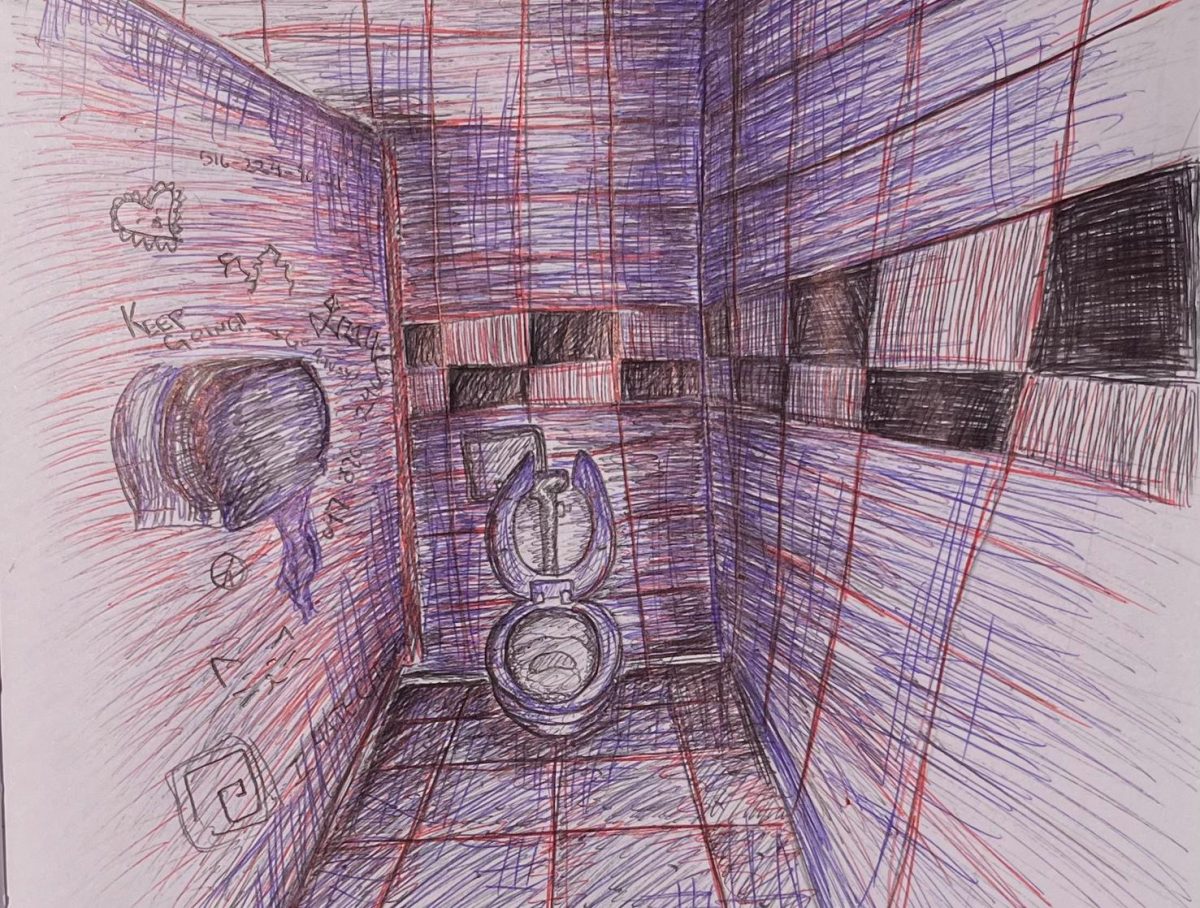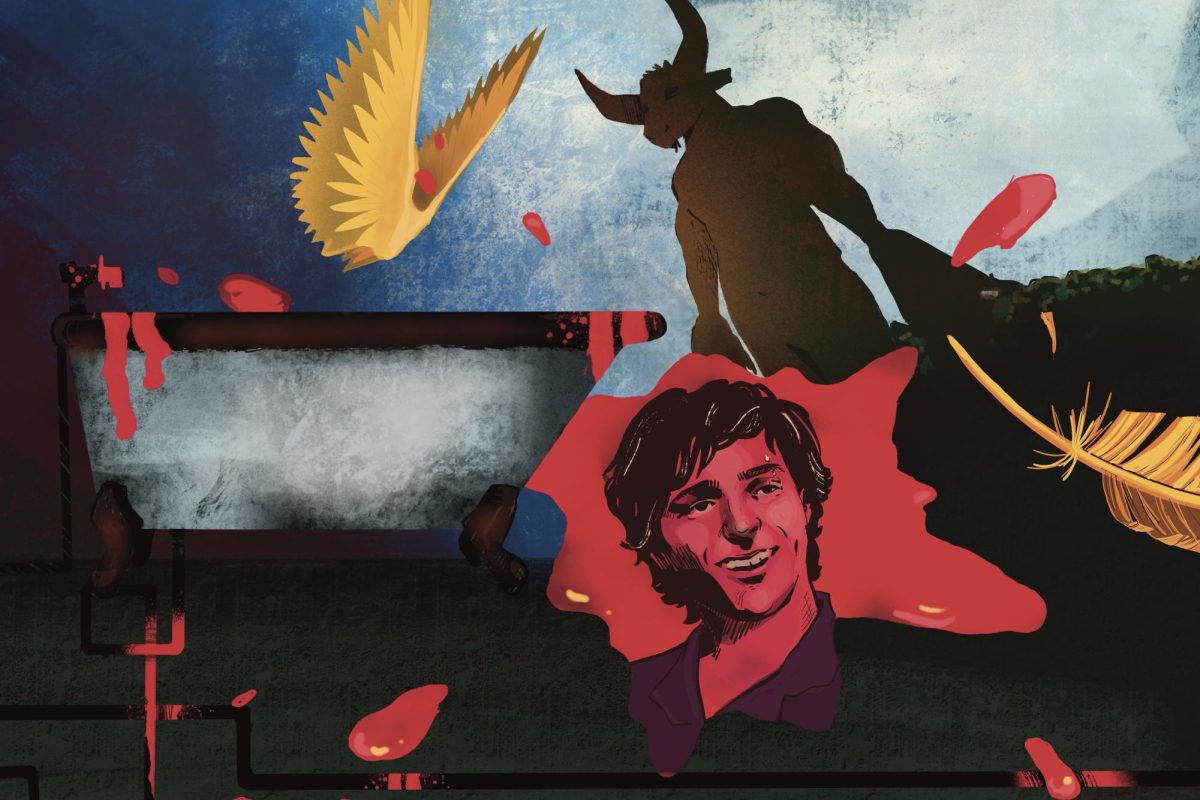On October 23, 2003 The New Deal came to Higher Ground in Winooski to bring its instrumentally constructed house beats, fused with jazz, hip hop, and eletronica, to a packed house in which everyone had their minds set on dancing their asses off. I arrived at Higher Ground at 7:00 p.m to have a chat with The New Deal’s bassist Dan Kurtz.
Vermont Cynic: You guys have a pretty unique sound compared to the rest of the scene. So who would you say your major influences are?
Dan Kurtz: Well, I don’t think we have any conscious influences, we never sat down and said let’s try and sound like this. I know that if anything our sound is like the opposite of a whole bunch of really diverse files. Starting really with what Jamie does; starting with jazz into terms of more of his dance chord stuff, to progressive Rock, and then throwing that in with some conscious attempts on mine and Darren’s parts to play house music grooves and that begins to define our sound. We are probably the guys that know the least about electronic music of everybody in the scene. And I think we would like to keep it that way because that way we don’t try to clone anything.
VC: So what kind of stuff do you normally listen too?
DK: That’s really divergent, as I think I move in reaction to things. When the New Deal started picking up steam, and during the electronic sets when our tempo got faster I got more attracted to dance music, and electronic music, I listened to that for a long time. And we were touring all the time. Until finally I said fuck this, I cant possible handle another house beat at all, and I remember I went out and bought as many Mozart records as I could and I was listening only to classical music, and then opera, and then I was like I hadn’t listened to the Beatles in a couple years so I put that on. And then a while after that there were all these other kind of bands that were fusing electronic and non-electronics together and that is something that is attractive at the moment. I mean there are bands like Gold Frap and Postal Service that are really interesting, not necessarily great, but really interesting.
VC: Quickly, what is your favorite Beatles Album?
DK: It would be Abbey Road. And me and Jamie have been playing together for a really long time. So actually when we were in high school it was the 25th anniversary of the Let It Be concert, and me and Jamie hauled all of our gear to the roof of the school and played the whole album. I particularly like that one also because it got stolen out of my house, so I listen to it the most seldom now.
VC: How do you feel about being classified as a jam band?
DK: The only time that label is irritating is when it’s acquired in such a way as to say it’s not really music, it’s shitty music, it’s music for hippies. In the words of the Village Voice last year, they did a preview of the show at the Bowery, they just slammed the New Deal, but especially the crowd. They said they were a bunch of fucking glow stick jam hippies. And they said we were music for people that dance shitty. And they of course used the word jam band, and we are in the sense that we’re jamming on stage, but there are some horrible examples of jamming in the world that sometimes pass for bands. And it’s one thing if it’s going on in basements, but it’s another thing to take it to the stage. And I don’t like the idea of jam bands when they become too self-indulgent, and it’s like check out this new crazy sound on my guitar, I’m going to play it for like 25 minutes and it’s gonna be loud and off the wall. We don’t do that, we pay a lot more attention to being a band. So in that case, sure we’re a jam band, but we’re also a electronic band, we’re also a rock band, we’re a progressive rock band, were also a punk band sometimes. Whatever you wanna call it, great. I call it the New Deal.
VC: Do you feel restricted artistically by the jam bands classification?
DK: No, not at all. The only thing that would limit particularly would be that if we started putting new positions on what we are and what we aren’t. Like if we started saying we are not gonna do this, and we’re not gonna do that. And we haven’t done that yet, and there’s evidence of that through the record we just put out. We definitely made a point of growing outside of what we’ve been doing.
VC: You guys often get compared to the Disco Biscuits. I know that they started off by covering Phish songs, and now they sound nothing like that. So I was wondering, when you guys started off, how did you guys work your way into this sound you’ve created?
DK: We were playing a weekly acid jazz thing for people with a little too much money, blowing off steam on a Thursday night at a bar that doesn’t really give a fuck about the band. And it just so happened we played Herbie Hancock tunes, and then we started jamming around, and Jamie and I played together for a long time, and musically we could already talk to each other. And so when we actually started we made a point of only playing stuff that we were making up right then and there. We didn’t start doing covers until two years later. We didn’t come from trying to be something else. We were getting off a lot on the fact that everything we played sounded so new to us.
VC: What brought on the female vocalist on the new album?
DK: At first it was accidental. We had just built a new studio and we were trying out some new things. And one day me and Darren played some stuff together, and Jamie came in a couple days later to put some chords down. My friend Leslie then came over, and she’s a singer, and we started playing some of our new material, and she said she could probably sing over it. So we tried it out, and decided that it sounded great. So we then decided this is great, so instead of some bullshit vocal hook from a housebeat song, we decided, Hey, lets actually write a couple versus and a chorus. And then at that point when we decided to include that on therecord we decided that it would be pretty dumb to just have one song with vocals. So then it created a mandate to do other songs. I did some vocal stuff, and then there was another song that started off as an instrumental, but we figured we could put a vocal on it. So we called Martina and got her to come over to see what she could do. And it wound up being really cool, it’s made us work, it made us step outside of what we are.
VC: You guys are from Canada, what would you say the Canadian scene is like versus the American scene?
DK: Just smaller, a tenth of a population in Canada. It’s spread out in such a way that there aren’t really connected communities, so the information about bands spreads more quickly here in America. So as a result there is not much of scene in Canada outside the bigger urban centers. We haven’t done a driving tour through Canada ever. Basically there’s just a lot more New Deal knowledge up and down the east coast of America.
VC: Is there anything you’d say would be the biggest highlight of what you guys have done so far?
DK: Shit, I don’t know man. Sometimes it’s just a show, one really fucking great show. You get the feeling that I used to get every two or three shows because everything was so new, driving to America, and people really liked what we were doing. It was such a mind fuck. And then watching the exponential growth of our band, since we started off as nothing, and hearing something new come out about us every month. And getting a physical reaction from people, it’s such a high.
About an hour and a half later the New Deal took the stage. The crowd instantly responded to the first sounds of music. Everybody bounced in sync with the sounds provided on stage. The New Deal exemplified its crowd control by building up, creating tension so thick it could be cut with a knife, and climaxing. All the audience could do was smile, refreshed, because in a world full of mimics, here is something that is so original.











